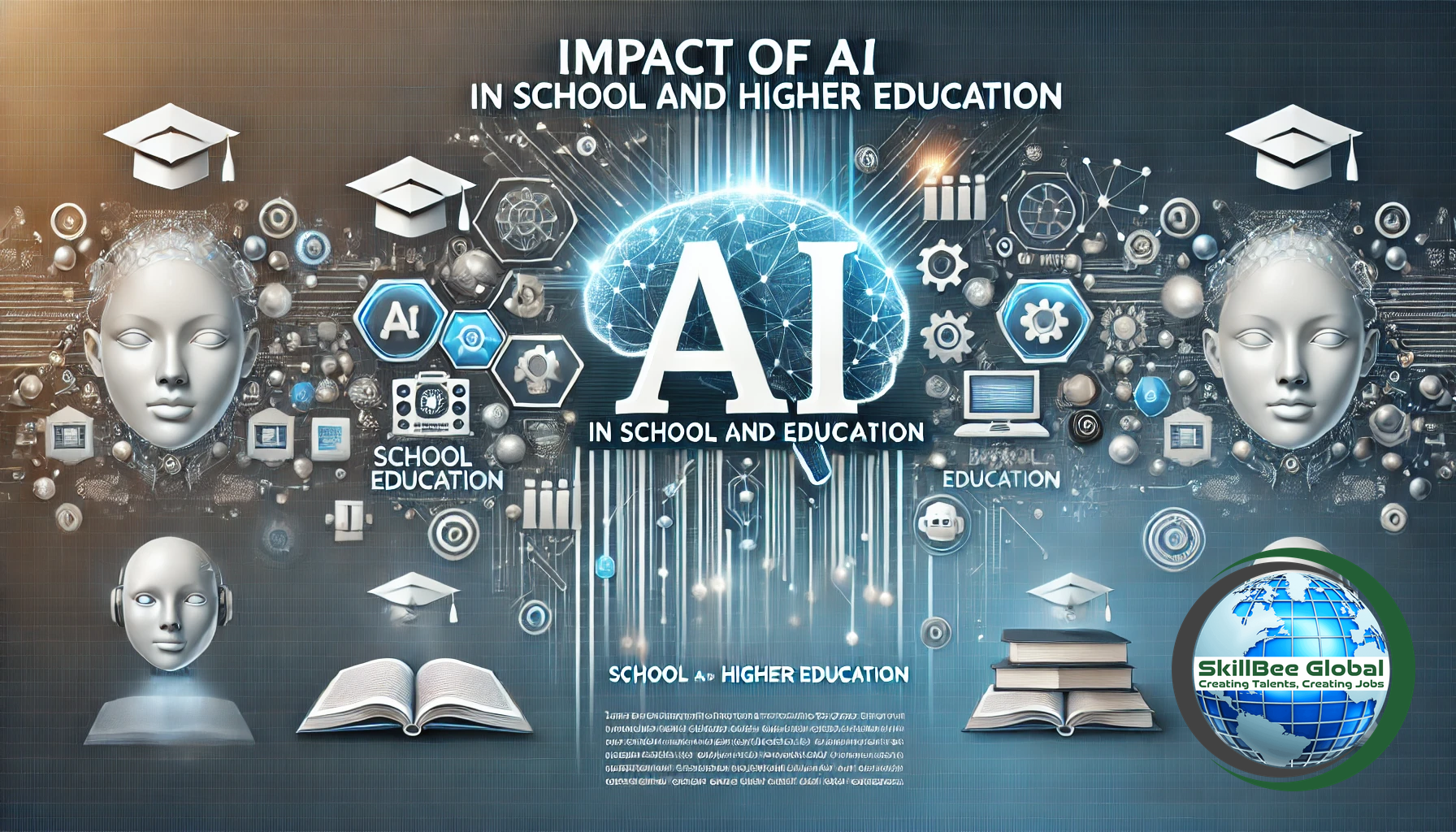
The hiring trends from tech majors for 2024-2025 reflect a complex landscape shaped by economic uncertainties, rapid technological advancements, and evolving workforce expectations.
1. Continued Demand for Tech Talent: Despite economic challenges and recent layoffs, the demand for tech talent remains strong. Key areas like software development, AI, machine learning, and cloud computing are seeing significant growth. Companies are focused on hiring for roles that support digital transformation, cybersecurity, and data analytics( English , Mojo Trek ).
2. Shift to Skills-Based Hiring: There is an increasing emphasis on hiring based on skills rather than traditional qualifications like degrees. This trend is driven by the rapid evolution of technology, which requires workers to have up-to-date skills that can quickly adapt to new tools and processes(Cutshort).
3. Growth in Gig and Flexible Work Arrangements: The integration of gig workers and flexible work models is becoming more prevalent. This trend allows companies to quickly scale their workforce to meet project needs without long-term commitments. However, it also presents challenges in managing remote and transient teams effectively(Jake Jorgovan,Mojo Trek).
4. Influence of AI on Hiring Processes: AI is playing a larger role in recruitment, from screening resumes to conducting initial interviews. This is particularly important as the volume of applications increases and as candidates increasingly use AI tools to enhance their applications. This shift necessitates new approaches to assessments and interviews(Cutshort).
5. Focus on Employee Well-being and Retention: With the ongoing effects of the Great Resignation, companies are placing more emphasis on employee well-being, work-life balance, and clear career progression paths. These factors are critical in attracting and retaining top talent in a competitive job market(Mojo Trek).
6. Pay and Compensation Trends: While wage growth might not be as strong as in previous years, roles in high-demand sectors like cybersecurity and cloud computing are still expected to see significant salary increases. Companies are also focusing on pay transparency and equity to attract talent(Mojo Trek).
These trends suggest that while the tech industry is navigating a challenging environment, the focus remains on adapting to new technologies, flexible work arrangements, and employee-centric practices to attract and retain top talent.
Over the past three years, the intake of freshers by major tech companies has seen significant fluctuations due to various factors like the pandemic, economic conditions, and digital transformation initiatives.
2021-2023 Fresher Hiring Overview:
1. 2021: The top Indian IT companies—TCS, Infosys, Wipro, and HCL—collectively hired around 82,000 freshers in FY21. This hiring spree was driven by the need to support digital transformation efforts and counter rising attrition rates.
2. 2022: The hiring targets for freshers were significantly increased in FY22. For example:
- TCS: Planned to onboard 78,000 freshers.
- Wipro: Aimed to hire around 17,000 freshers.
- HCL Tech: Planned to double its fresher intake to 20,000-22,000, up from 15,787 freshers in FY21.
3. 2023: The trend continued, albeit with adjustments based on market conditions and strategic needs. Companies like Infosys, Wipro, and TCS maintained robust hiring plans to keep up with the demand for skilled talent, especially in areas like AI, cloud computing, and cybersecurity.
Plans for 2024:
For 2024, the tech majors are expected to maintain or slightly increase their fresher intake, although exact numbers will depend on economic conditions and the evolving needs of the industry. The focus remains on skill-based hiring, with an emphasis on digital and cloud technologies, AI, and data science. Companies like TCS, Infosys, and Wipro are likely to continue their aggressive campus recruitment drives to ensure a steady influx of fresh talent, which is crucial for sustaining their growth and adapting to technological changes.
These hiring plans reflect the broader industry trends where demand for tech talent remains high despite economic uncertainties, driven by ongoing digital transformation initiatives across sectors.
Comments (0)
Categories
Recent posts


Upskilling Employees -Top 10 Benefits ...
8 Aug 2024
Projected Hiring Trends in 2025 Indian ...
11 Mar 2025
The Importance of Skill Education: A ...
8 Aug 2024




